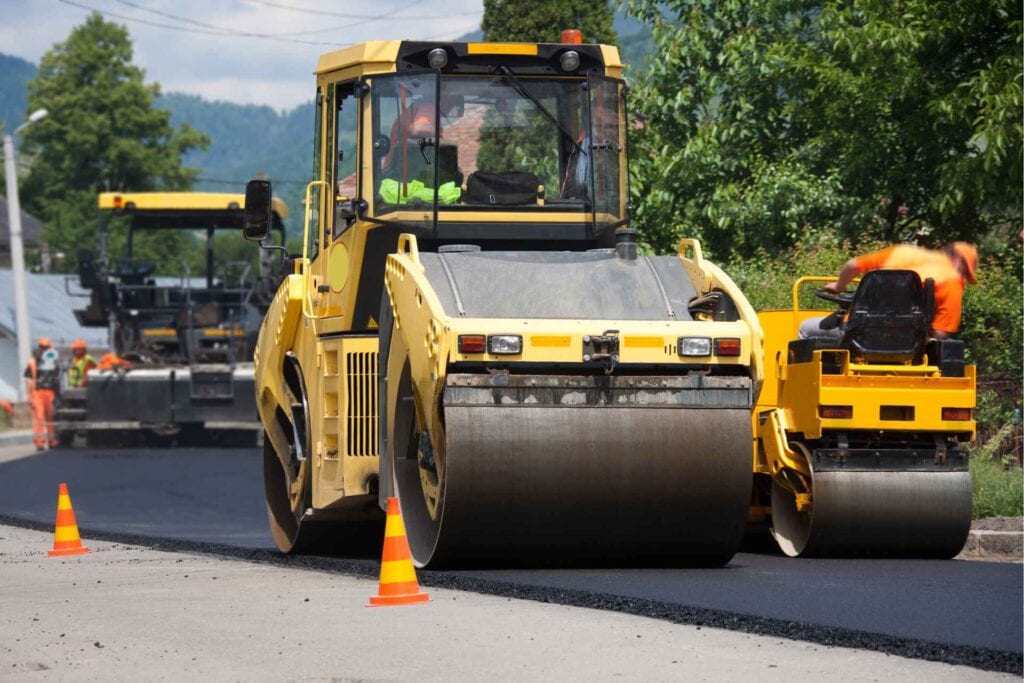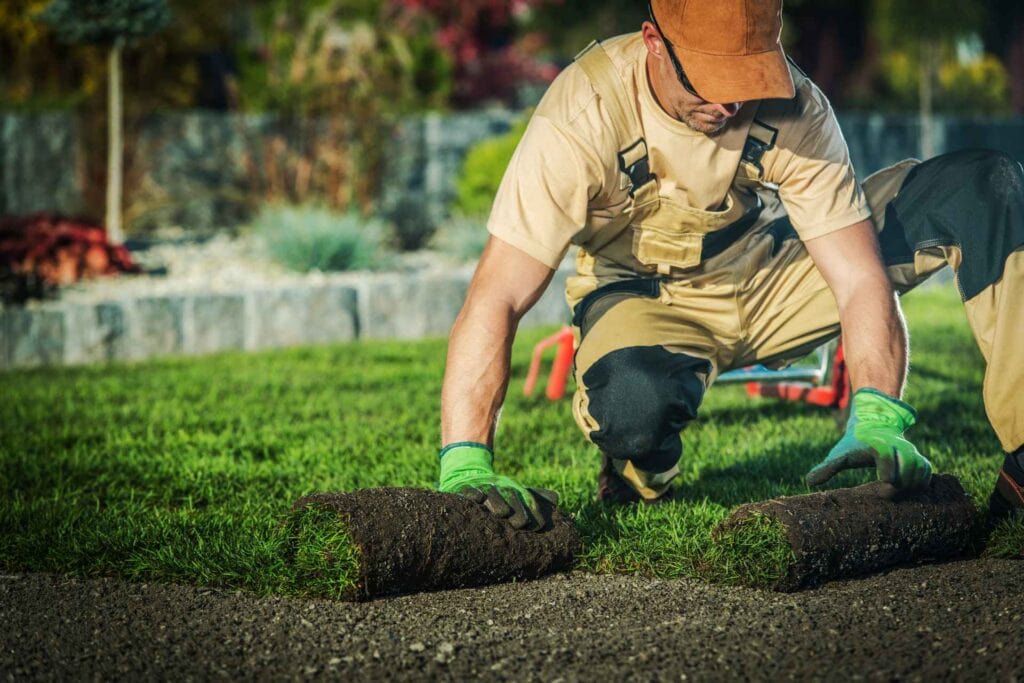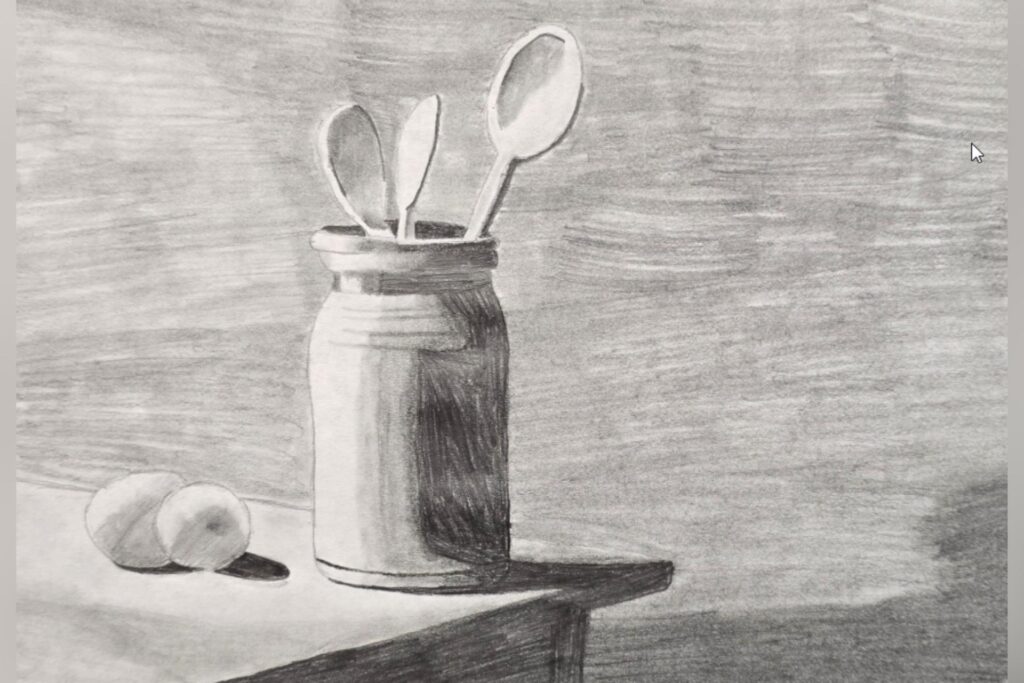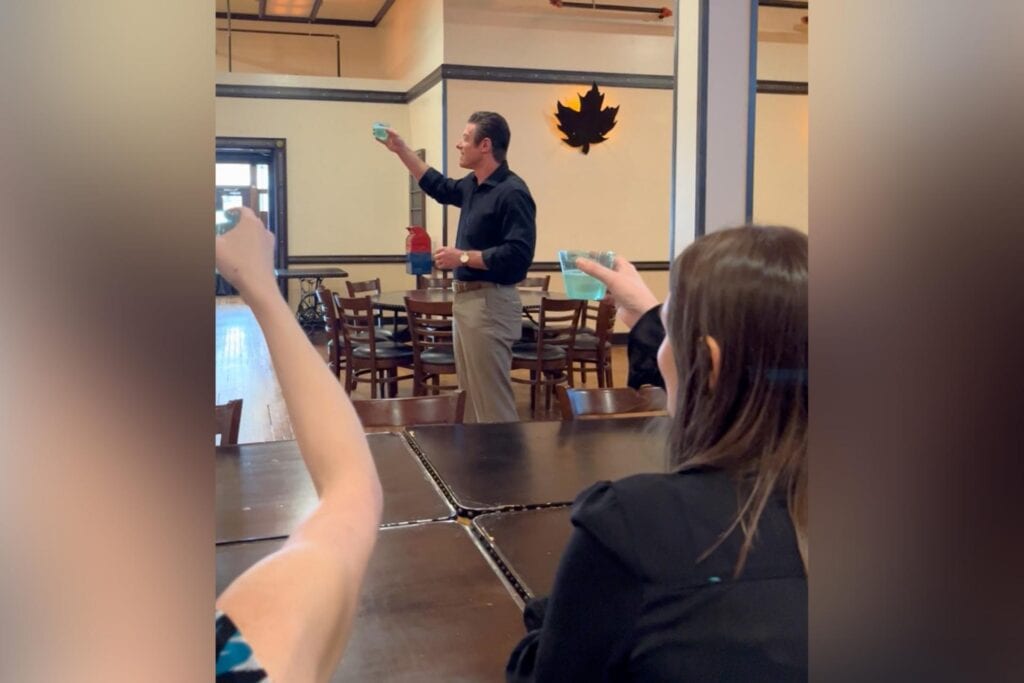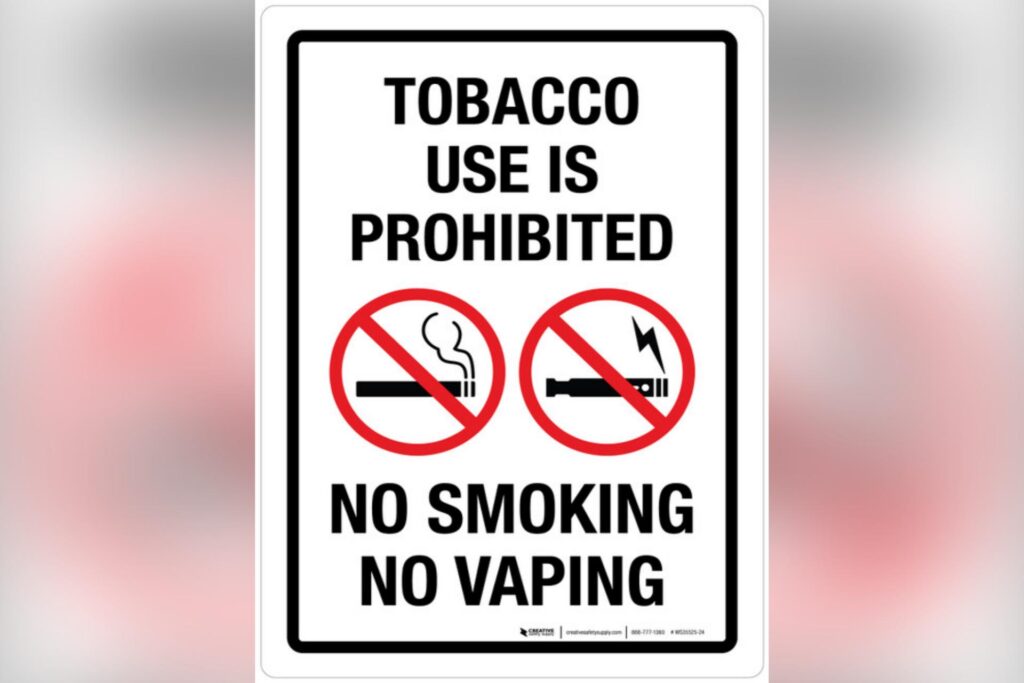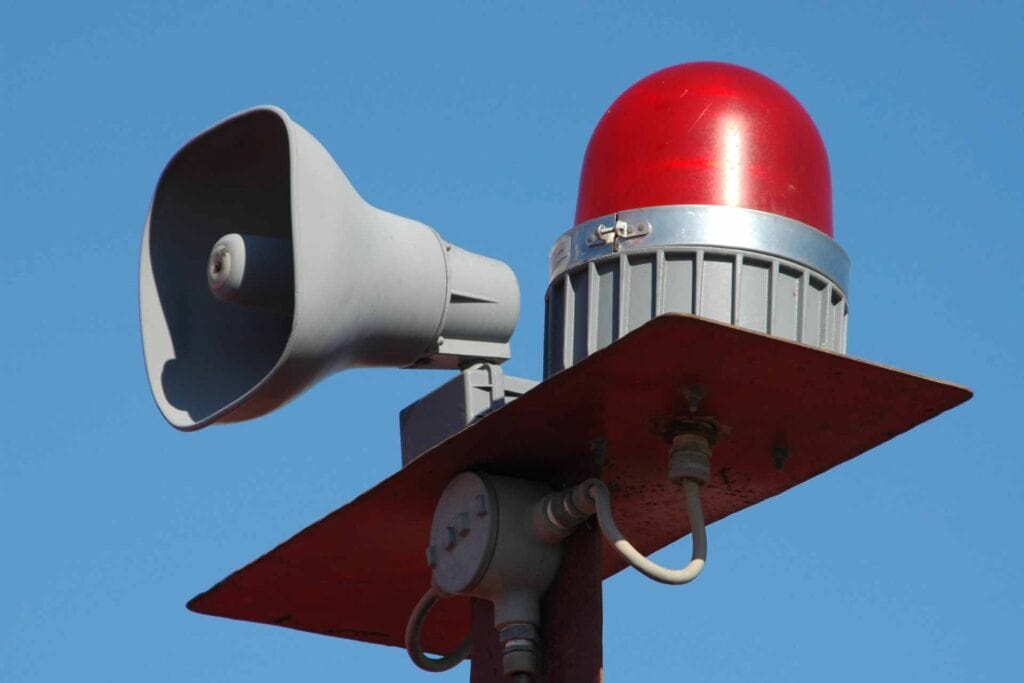BUCKHANNON – Operators of the City of Buckhannon Sam Ludlow Sewage Plant have seen more non-flushable items being flushed in recent months – including latex gloves, wipes and even masks – than ever before.
They’re now asking residents in the Buckhannon-Upshur community to refrain from flushing anything that’s not toilet paper or human waste.
At a recent Buckhannon City Council meeting, information coordinator and grant writer Callie Cronin Sams requested that city and county residents served by the city’s sewer system please stop flushing pandemic-related paraphernalia, including rubber gloves, disposable masks and wipes, which usually aren’t flushable, despite what packaging might say.
“We would ask that people properly dispose of those things because when materials other than toilet paper get into our sewer system, it can create a lot of problems for our sewer operators,” Sams said.
Just prior to the Christmas holiday, chief sewer plant operator Dan Baker told My Buckhannon that sewer plant operators have been finding longer “rags” – or bundles of materials that should not be flushed because they don’t break down properly – since March and April.
“It’s always been a problem, but it seems different since COVID started,” Baker said. “The rags have become different – people flush everything. I think they’re just trying to get rid of everything, it seems.”
Materials that do not disintegrate go to a pump station and through a pump, where they can clog the system. Toilet paper is made of short fibers that eventually break down and disintegrate. That is not the case with latex gloves, disposable masks, paper towels and even wipes that claim to be ‘flushable,’ city officials say.

“From [residents’] houses, [waste] goes to a pump station somewhere, and then it has to go through a pump, to be able to get it to the plant. There is a flow system that tells it when to pump the water down in each tank, and a lot of the time it gets full of rags,” Baker said. “It’s hard on everything, and it’s once a month that we have to clean all the rags and stuff off of everything and pull the pumps if they have to.”
David Currence, maintenance supervisor, said checking the pumps once a month is considered regular maintenance; however, during other readings since the start of the pandemic, operators have had to pull the plugs out multiple times because of blockages.
“We check the amps twice a week and a lot of times they are so plugged up, we have to go that day to unstop them,” Currence said. “The other day we pulled up one with a bunch latex gloves in it, so we set it back in the hole and it plugged up again before we were done.”
Sewer department supervisor Bryan ‘Buck’ Samples described how arduous the process is to remove the plug and clean out the rags.
“The operator has to go there, check the amps on it and you’ll find that the amps are really high and that you’re going to have to pull that pump out of the wet well,” Samples said. “Then, most of the time, he regroups, and he gets maybe a couple guys. Then, they take their crane and truck up there, they have to back it up close to the hole, and they have to run the cable down into that hole,” Samples explained. “They have to get ahold of that pump, and they pull it up out of the wet well – they’ll swing it over and get it on a good dry spot to work.”
Removing the ‘rags’ – or problematic strands of materials that do not dissolve – requires sewer department workers to have pliers ready and ample cleanup time.
“They will take pliers and grab a hold of that to try to remove the rags. After they clean all that up and they put it back in the hole, they have to test it, make sure it still works, and clean up the mess. They drive back to the plant, they get rid of their mess into the dumpster, clean up the truck, put it back in the garage, so it’s a big deal to pull one pump,” he said. “It can take two to three hours.”
Baker said every time they have to remove a plug, it can potentially cost taxpayers money.
“It costs money to pull these pumps out and that of course, is going to get transferred to the people in the community because somebody’s got to pay for it,” Baker said. “My biggest thing is how long the rags are – I don’t even understand it. From March and April on, we’re getting rags that are about three, four-foot-long, that we’re pulling.”
He said there is only one material that should be flushed and that is toilet paper.
“Most wipes, if not all of them, aren’t really flushable,” Baker said. “I don’t know what the package says. Sometimes it tells people that you can flush them, but you shouldn’t. To me, the only flushable thing is toilet paper because it just disintegrates.”






